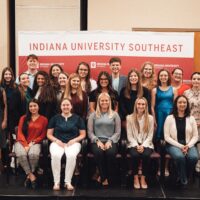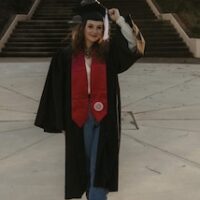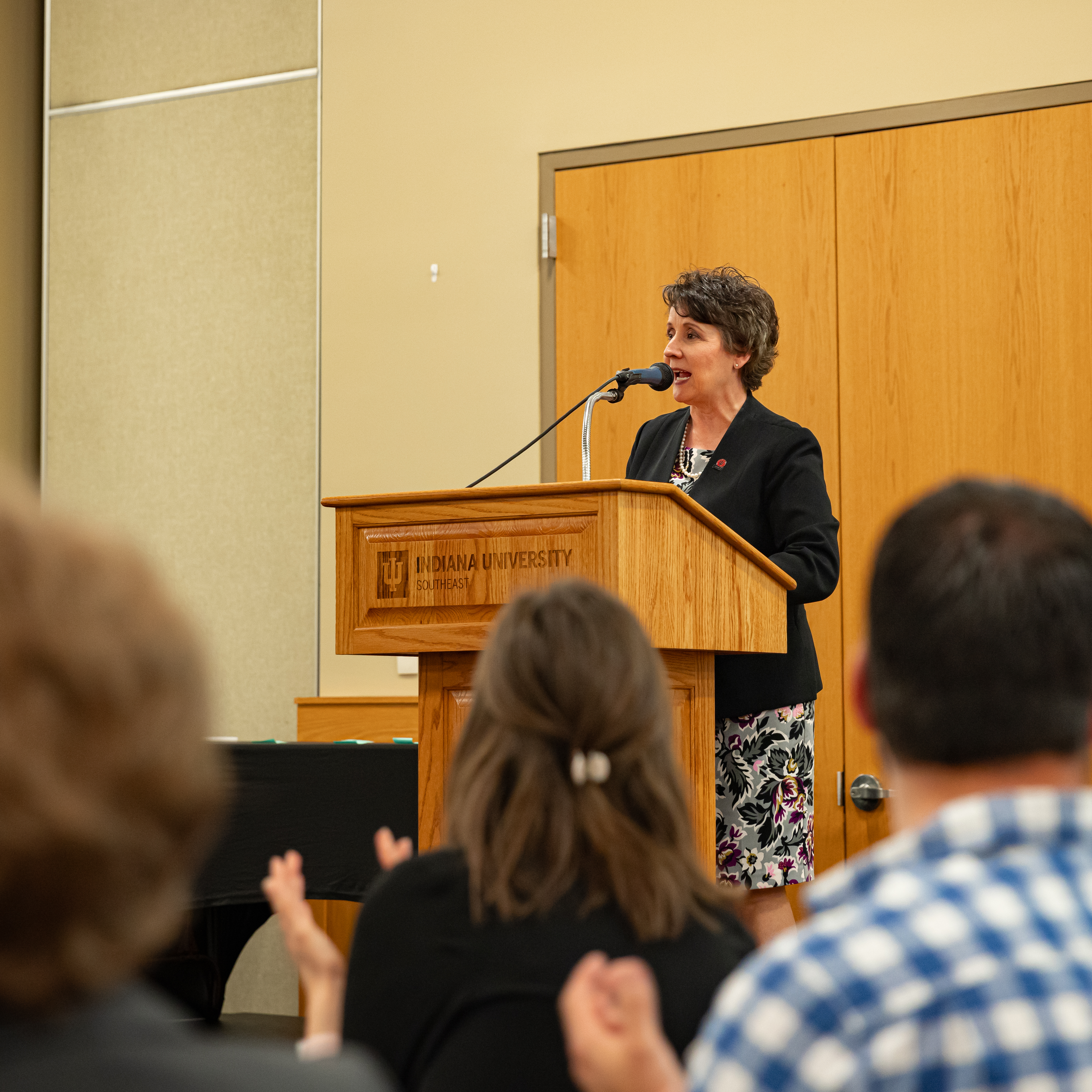Streaming and Digitization Services
IU Southeast Library Streaming Services
IU Southeast Library provides access to several streaming platforms and thousands of streaming titles available for use in courses.
IU Southeast streaming platforms include:
- Kanopy Academic Essentials
- Films On Demand
- Psychotherapy.net
- Individual licenses—interested in using a film that is not on one of these platforms? Email us at selibres@iu.edu with the title or titles that you are interested in using and we will look for a streaming license or pursue the streaming service outlined below.
When no streaming options are available, the IU Southeast Library now has a streaming service that will digitize complete video recordings when certain conditions are met.
The IU Southeast Library will digitize complete video recordings or portions of recordings if:
- The title is owned or can be purchased as a DVD by the IU Southeast Library and no streaming license can be purchased by the library.
- The title is requested by an IU Southeast teaching faculty member or instructor and supports an IU Southeast course.
Streaming service guidelines
- Eligible requests will be processed Monday – Friday, 8 a.m. to 5 p.m. All requests must be submitted online using the Online Streaming Reserves Request Form.
- Faculty and instructors may request a maximum of five (5) titles per course, per semester. A new request form must be submitted per semester for statistical and reporting purposes.
- This service is not offered to undergraduate students or staff members even if a teaching faculty member or instructor makes a request on their behalf.
- Access to streaming titles will become unavailable the day following the end of the current semester.
- The streaming film must be delivered via Canvas. This ensures that only the students enrolled in the course can access the films and that all films are only accessible by currently enrolled IU students and secured in a password protected environment.
For any questions about this new service, please contact the IU Southeast librarians by email at selibres@iu.edu.
Fair use
Following Indiana University’s Center for Innovative Teaching and Learning “Fair use: Borrowed and Captured Media,” we offer the following analysis of four fair use factors:
- Purpose: These materials are being used in teaching, by a non-profit educational institution, and access is restricted to the students in a particular course. We believe our use weighs in favor of a fair use interpretation for this factor.
- Nature: Some of the works are factual but some are dramatic or literary, all are published, and all are important to a favored educational objective. We believe our use is neutral for this factor.
- Amount: We are often digitizing a large portion of or the entire work, however the amount is appropriate to the use the faculty member has stated is necessary for the favored educational purpose. We believe our use is neutral for this factor.
- Market Effect: The copy must have been lawfully acquired by the library or the faculty, only one copy is made for streaming purposes (or a few copies if multiple quality versions are needed to support different technical capabilities of our users), we are not making the streamed versions available beyond a small audience, and a reasonable licensing mechanism does not exist. We believe our use weighs in favor of a fair use interpretation for this factor.
DVD digitization and the DMCA
The Digital Millennium Copyright Act (DMCA), passed by the United States Congress and signed into law in 1998, prohibits the manufacture, sale, and use of technologies that circumvent access control technologies. The DMCA was recently modified to allow for the circumvention of a DVD for those instructors engaged in teaching film study courses. Libraries and educational institutions have struggled to understand how the DMCA, in both a legal and a practical sense, affects fair use, and, specifically, to interpret this part of the law as it pertains to DVDs. Many commercial DVDs are encrypted with a technology called a Content Scrambling System (CSS), which requires a licensed DVD playback device to access and view the video contents.
Digitizing a video title can be broken down into two steps and two separate acts: accessing the video content, and making a copy of the contents. For the first step, IU Southeast Library employs the same readily available, licensed DVD players and analog video connections that are used for in home viewing. The act of access, therefore, cannot be said to be making an unauthorized circumvention of the CSS access control technology. The video signal accessed is unscrambled by legitimate means. Whether or not the second act, the making of a copy, violates any part of copyright law that existed before or after the Digital Millennium Copyright Act (DMCA), is addressed in the fair use discussion, above, because the DMCA specifically states: “Nothing in this section shall affect rights, remedies, limitations, or defenses to copyright infringement, including fair use, under this title.”(section 1201(c)(1)).
The IU Southeast Library encourages faculty to seek written permission from the copyright holder, or licensed provider prior to the digitization of DVDs encrypted with CSS.
DVD digitization and the TEACH Act
Technology, Education, and Copyright Harmonization (TEACH) Act, 2002
The TEACH Act expands upon Performance and Display exemption of the US Copyright Act 110(2) which references the ability to distribute and display amounts comparable to face-to-face teaching. Faculty and students will often want to incorporate some or all of the copyrighted work of others into course materials that are to be digitized and transmitted for distance education. In the past, this could be sometimes lawfully accomplished via the fair use provisions (17 U.S.C.107) and/or the performance/display exemptions (917 U.S.C. 110(2)) of the copyright act. In November 2002, the performance and exemptions of the copyright act were revised and updated to address the digital environment. The revised provisions facilitate digital educational use of materials without requiring copyright permission, subject to several conditions. Restrictions and conditions are outlined on the University of Texas Libraries website.










